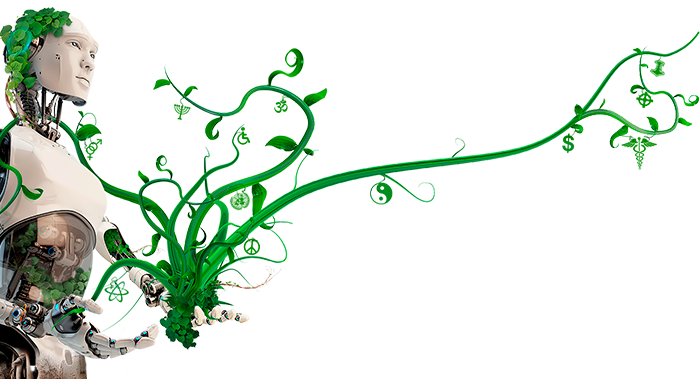

Tom Poljanšek works as an academic couselor at the department of philosophy at the university of Göttingen. His PhD-thesis deals with the topic Shared Worlds and Social Simualtions. The Ontology of Human Worlds (2019). His main research interests include social philosophy, philosophy of technology, phenomenology, and aesthetics. Publications include: »Sinn und Erwartung«, in: Zeitschrift für philosophische Forschung (ZphF) 69 (2015); »Choosing Appropriate Paradigmatic Examples for Understanding Collective Agency«, in: Misselhorn (ed.): Collective Agency and Cooperation in Natural and Artificial Systems, Springer 2015; „Die Vorstrukturierung des Möglichen. Latenz und Technisierung“ In: Friedrich, Gehring et al. (ed.): Jahrbuch Technikphilosophie 2017, Baden-Baden 2017.

Tobias Störzinger studied philosophy, political science and history at the University of Stuttgart. He began his PhD studies at the University of Stuttgart with the topic "Metacognition in distributed intelligent systems". From 2014 to 2018 he was a DFG scholarship holder of the Graduate School of Excellence Manufacturing Engineering (GSaME). Since April 2019 Tobias Störzinger is a research associate at Georg-August University Göttingen at the chair of Prof. Catrin Misselhorn in the project GINA (High Quality Designed Interaction Strategies for Service and Assistance Robotics).
Trans-Human-Formers. A Practice-and-Perception-Theoretical Model for Human-Robot-Interaction
Throughout the last decades, the idea that human users can engage in relationships with “social robots” has triggered a wide-ranging debate which comprises technical, theoretical as well as ethical aspects and problems. In our paper, we propose a practice-and-perception-theoretical framework (PaP-framework) to analyze social interaction in general and human-robot-interaction in specific. After drawing some conclusions from the PaP-framework, we encourage designers to design social robots in way that does not need to mimic patterns of interaction that we are already familiar with from our everyday interactions with other human and animal beings.